No products in the cart.
Find A Great Breeder
Find A Great Breeder
- July 18, 2014
- BADDogs Inc
Making Choices That Last A Lifetime
So you’ve decided to enlarge your family and selecting a purebred dog seems to be the right choice for you. You’ve done your research (be careful what you read on the internet!) and carefully considered all the important factors, such as your schedule, household logistics, family composition, prior dog-owning experience, your family’s activity level and a realistic idea about the amount of time you really do have to spend with your new dog.
So having identified the breed for you, the next important step is to find yourself one or more reputable, responsible breeders with whom you can work to make sure your puppy acquisition experience is all it could be.
To find a great breeder,
a good first step is to check out the breed-specific rescues that serve the breed of your choice. Frequently breed rescuers have wonderful dogs available for adoption who may have found their way into rescue for many reasons that have nothing to do with the dog. Perhaps the prior owner made a poor selection, had to move to a place where dogs aren’t allowed (hard to believe, isn’t it?), suffered a financial downturn or any one of a number of other reasons which may cause a great dog to be looking for another opportunity. Adopting an adult dog from a breed rescue means you get to skip the labor-intensive and frequently frustrating puppy and adolescent dog stages. When you adopt a slightly older dog, what you see is what you get, which is frequently not the case when you get a pup.
But let’s assume you haven’t been able to find the right dog for you in breed rescue, or found that breed rescue is not the way you want to go (it’s not for everyone!). So your next question is, how do you find a reputable and responsible breeder who can hook you up with a healthy pup whose physical and temperament profile meets the descriptions you’re seeing in the breed books, and meets your expectations?
Although their pups can seem quite pricey, good breeders are not at all interested in breeding pups to make money, and in fact, despite the high price tag you’ll see on the pups, good breeders rarely make a dime from their efforts. Sometimes referred to as “hobby” breeders, these folks are most concerned that their pups closely resemble the breed standard both in looks and personality, and that their pups are healthy and well-socialized. This type of care in the breeding process is costly. Good breeders start with excellent “stock”, good parents whose lineage is known for generations back as good representatives of their breed. Their dogs receive all the appropriate health screenings and certifications appropriate for their breed, which may include heart, eye, hips, knee and other “clearances”. Good breeders invest in excellent healthcare and diet for their dogs, as well as pre-natal and post-natal veterinary checks. Good breeders do not breed their dogs prior to maturity (for most breeds, this is at least 2-3 years of age), since it’s not possible to know what type of defects of health, conformation or personality will emerge until the dog is all grown up. And, especially for female dogs, it is quite unhealthy for a young female to carry a litter until she’s fully grown.
Here are some quick notes about finding reputable, responsible breeders:
- They will never advertise on Craig’s List, in the Pennysaver, in national dog magazines or in classified ads
- They will never sell their puppies through a pet store
- They don’t post “puppies for sale” signs on their homes, cars or in their neighborhoods
- They won’t be offering pups for $300-500
- They won’t offer to sell a pup to anyone who offers to pay their price
- They won’t sell more than one pup to any buyer, and certainly won’t sell two littermates to any one family
Folks who offer pups for sale as per the above are more likely “backyard breeders” or “BYBs” (folks who breed their pet dogs to make extra money), or puppy millers, who are folks who breed dogs like livestock, with little regard for the future health and well-being of their pups. Buying puppies from these kinds of breeders generally is a recipe for years of heartbreak and expense dealing with health and behavior problems that far exceed what you might have saved by not purchasing from a good breeder.
Look for breeders who:
- Only breed one, or maybe two breeds of dogs, and are very knowledgeable about their breeds.
- Invite you to come visit the mom and pups where they really live. Many millers and BYBs who raise their pups in outdoor pens or runs may “clean things up” and show their litters in their homes or specially prepared areas that make the prospective buyers think the pups may be being raised more appropriately. The pups’ living area should be very clean and free of debris, feces and odors.
- Allow you to meet the pup’s mom. The mother dog should be friendly and well-socialized and not object overtly to having her pups handled by people. Mother dogs who don’t like people may transfer some of that to their pups.
- Have happy, clean and sociable dogs. If you arrive at the breeder’s place and are greeted by dogs who are aggressive or anti-social, you should probably think of looking elsewhere.
- Keep their dogs at home, and treat them like family members. After all, you’re looking for a great family member, so you’d like your pup to have gotten that kind of start at the breeder’s home, right?
- Is knowledgeable about diet and nutrition, and feeds their dogs premium, high-quality foods.
- Has complete veterinary records for the pup’s parents and the puppies and is willing to share them with you.
- May not always have puppies available, and may in fact have a waiting list of families for their pups.
- Uses a standard sales contract in writing as well as a written health guarantee.
- Is actively involved in a nationally-sanctioned breed club, and may compete in conformation, obedience and performance events.
- Can provide references and put you in touch with past buyers of their pups.
To find great breeders in your area,
start with the AKC (www.akc.org) or UKC (www.ukcdogs.com) or another large registry. Locate your breed of choice on their website, and you’ll find local breed club chapters in your state, and most of those will provide links to website of the local clubs in your community. Search those sites to find the puppy referral representative or information and education representative, who can put you in touch with quality local breeders in your area. Also think about attending local conformation shows, obedience trials and other purebred dog events so you can meet some of the players in person!
Share This Post?
Facebook
Twitter
Pinterest
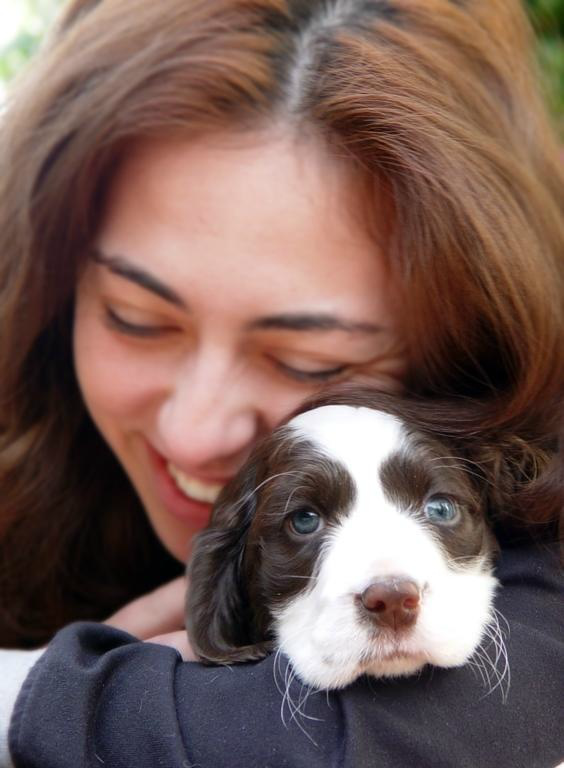
Recent Articles
About Author
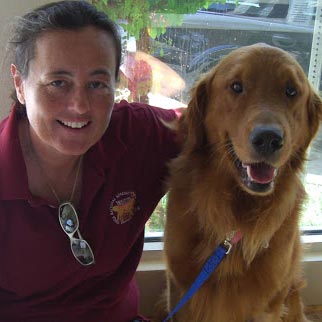
Barbara Davis
I’ve been working with dogs and their people for more than 30 years! I’m certified in dog training by the Certification Council for Professional Dog Trainers, and certified as a Dog Behavior Consultant through the International Association of Animal Behavior Consultants (I’m also a founding member, currently Chair of Dog Division and serve on the faculty of their behavior consulting program, Animal Behavior Consulting: Principles and Practice). I’m also certified in training and behavior by the Association of Animal Behavior Professionals, and serve on their advisory board. I’m pleased to participate as an AKC CGC/S.T.A.R. Puppy program as an Evaluator.
Information
Featured Products
-
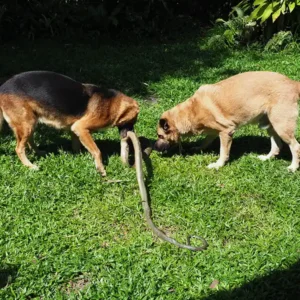 Rattlesnake Avoidance Training Through Positive Reinforcement
Rated 0 out of 5$159.00 – $295.00
Rattlesnake Avoidance Training Through Positive Reinforcement
Rated 0 out of 5$159.00 – $295.00
Products
-
 Rattlesnake Avoidance Training Through Positive Reinforcement
Rated 0 out of 5$159.00 – $295.00
Rattlesnake Avoidance Training Through Positive Reinforcement
Rated 0 out of 5$159.00 – $295.00 -
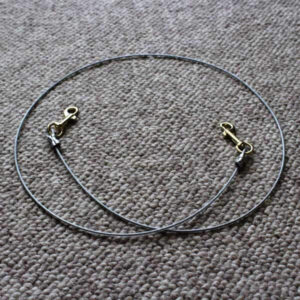 Teenie Tethers
Rated 0 out of 5$9.95 – $11.95
Teenie Tethers
Rated 0 out of 5$9.95 – $11.95 -
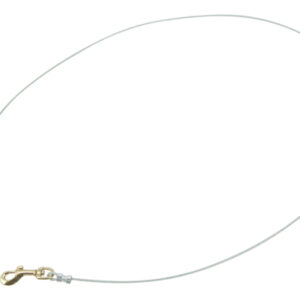 Trainer Packs by Pet Tethers
Rated 0 out of 5$45.00 – $70.00
Trainer Packs by Pet Tethers
Rated 0 out of 5$45.00 – $70.00 -
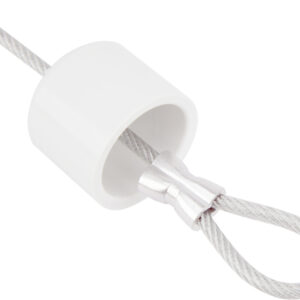 Dor-Stopz by Pet Tethers
Rated 0 out of 5$11.95 – $65.00
Dor-Stopz by Pet Tethers
Rated 0 out of 5$11.95 – $65.00
